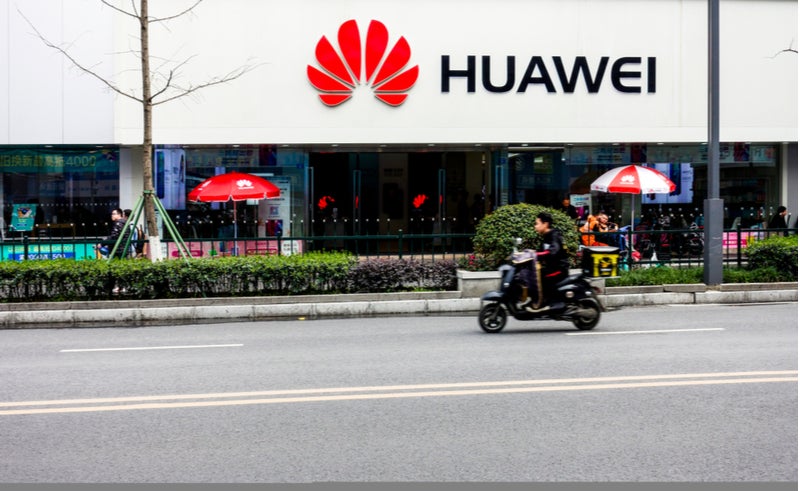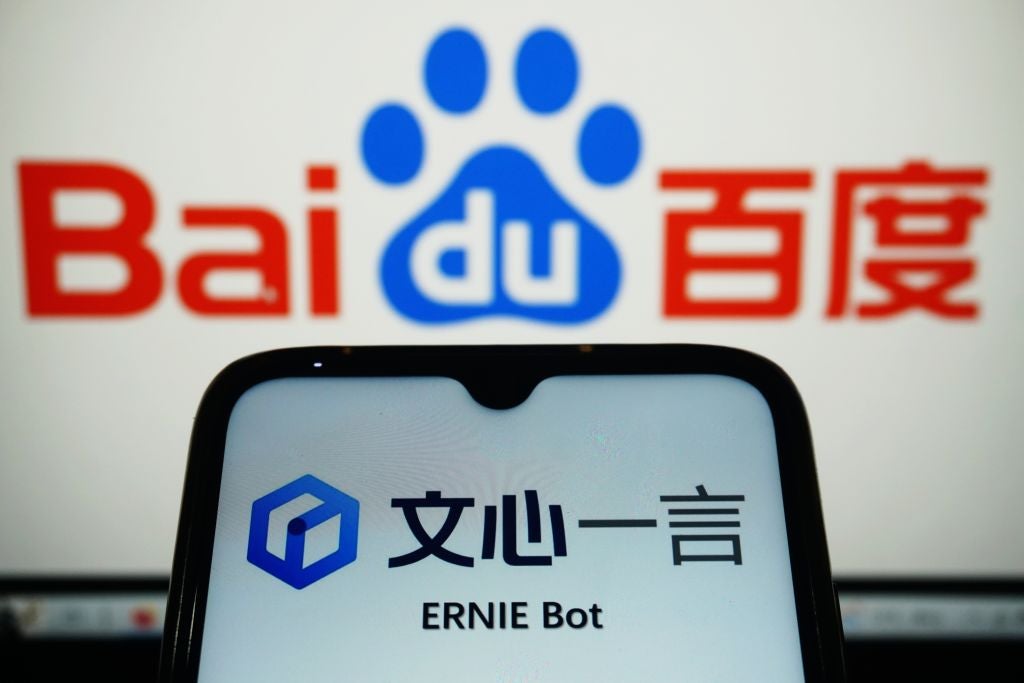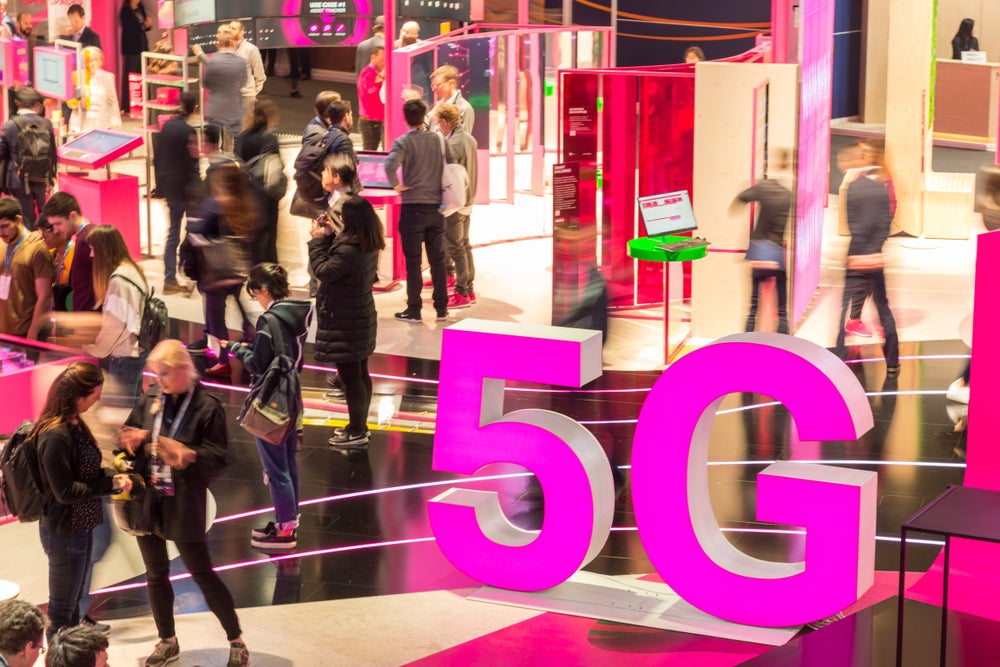
Huawei CEO Ren Zhengfei made headlines recently by indicating he may be willing to sell his 5G intellectual property to Western vendors. The offer may have attracted lots of press but a deal is unlikely to go ahead for several reasons.
In an interview with The Economist earlier this month, the usually press-shy Ren indicated Huawei’s 5G-related intellectual property may be up for sale to Western firms.
This would theoretically enable these vendors to change software code and eliminate concerns over Huawei potentially inserting “backdoors” and other alleged vulnerabilities into operator networks.
The comments by Ren were designed to address the ongoing cybersecurity concerns by the US and other nations related to Huawei’s mobile network equipment. The timing is particularly crucial as operators across many countries are deciding which vendors they will move forward with for 5G radio and core.
Huawei has garnered significant long-term evolution (LTE) market share and is keen to retain those operators as they evolve into 5G. This includes the UK, which has faced considerable pressure to align with the US position against Chinese vendors when awarding contracts for its critical infrastructure.
Many operators in these markets are anxious about taking advantage of Huawei for radio access equipment even if they opt for another vendor for network core services, which are considered the network “brains”, where bigger cybersecurity concerns reside.
How well do you really know your competitors?
Access the most comprehensive Company Profiles on the market, powered by GlobalData. Save hours of research. Gain competitive edge.

Thank you!
Your download email will arrive shortly
Not ready to buy yet? Download a free sample
We are confident about the unique quality of our Company Profiles. However, we want you to make the most beneficial decision for your business, so we offer a free sample that you can download by submitting the below form
By GlobalDataThe Huawei CEO’s comments served various purposes. 1) to demonstrate confidence in the technical superiority of the company’s 5G intellectual property; 2) to show potential operator/customers (and government regulators) that Huawei has nothing to fear or hide; and 3) to potentially allow the company to collect 5G-related revenues from its intellectual property, even in markets like the US where it finds itself shut out as a supplier.
However, it seems unlikely that any of the current 5G radio and core vendors would express an interest in licensing Huawei’s 5G technology, because this would represent an admission their 5G intellectual property is sub-standard.
At the same time, it’s hard to envision a new vendor entering this space because the margins are already thin, and adding a new vendor would only exacerbate the situation. Regardless, the comments allow Huawei’s CEO to generate positive PR for Huawei – advocating for and defending Huawei is a role that Ren has taken on in a major way in the past year after being a relatively reluctant public person. Given the high stakes involved for vendors wanting to secure long-term 5G deployment deals, Huawei is wisely addressing cybersecurity concerns head-on with both operators and regulators.








